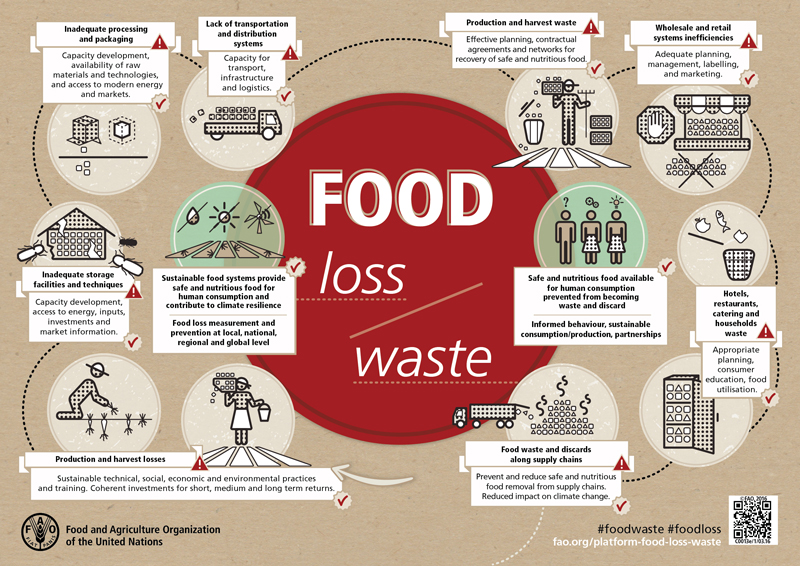There are more people sharing the face of our planet than ever before, with almost 8 billion human beings alive today. Our capacity to produce food is greater now than any point in human history and yet over 10% of our population goes hungry.
Our world already produces enough grain to provide each one of its inhabitants with 2,500 calories a day. Unfortunately what we don’t have are the logistical structures or the political will to fairly distribute it. Around a third of all the food that is produced isn’t eaten – it is left to go to waste.
In 1980, 17% of all global aid went to agriculture and yet by 2006 that had fallen to 3.8 per cent. The rising demand for biofuels from rich nations will keep the price of cereals high and will make producing staples beyond the reach of the poorest of nations.
 Safe within the walls of a well-resourced university in an affluent European country, it might seem incongruous for us to be discussing ways to prevent hunger – when so easily it can be our thoughtlessness that is contributing to it.
Safe within the walls of a well-resourced university in an affluent European country, it might seem incongruous for us to be discussing ways to prevent hunger – when so easily it can be our thoughtlessness that is contributing to it.
We run a large canteen on site and it’s a constant logistical challenge to meet the expectations of our staff and students who look for wide choice in the food options that are prepared for them. However, catering to ever more particular tastes makes it commercially difficult to achieve economies of scale when stocking the kitchens. This pressure can drive us to turn to unsustainable and low cost suppliers when sourcing ingredients.
Also, further diversification in menu options makes it more likely that food will not be to the tastes of all diners and increases the amount of food wastage that we are responsible for. Though we distribute surplus food to our local homeless support shelter, it begs the question why we buy more than we eat anyway. We support food-related charities that are tackling hunger and malnutrition, but perhaps we’re contributing to the problem in the first place.
Being focused on this will help us to achieve Global Goal number 2 – which forces us to confront the stark reality that in the 21st century it is hunger that remains the biggest cause of death in our world. It is the unequal distribution of food and the high levels of food wastage that leaves millions of people suffering from malnutrition.
From our position in the supply chain we can promote the use of sustainable food producers. More immediately we can address our wasteful attitude and not be content to take more than we need. Our targets to help us to meet this goal are wide ranging and include;
- Support access to safe and nutritious food
- Combat all forms of malnutrition
- Contribute to sustainable food production
- Oppose agricultural trade restrictions and market distortions
- Support stable food commodity markets share access to information
- Support the productivity of small scale food producers
If you wish to learn more about sustainable food buying, production and the university’s wider activities and efforts to manage our contribution to responsible food distribution, please get in touch.
Further information on food loss and the impact of food wastage can be found here;
https://www.your-sodexo.com/my-community/stop-hunger
http://www.fao.org/platform-food-loss-waste
Further information about the UN Global Goals can be found here;
